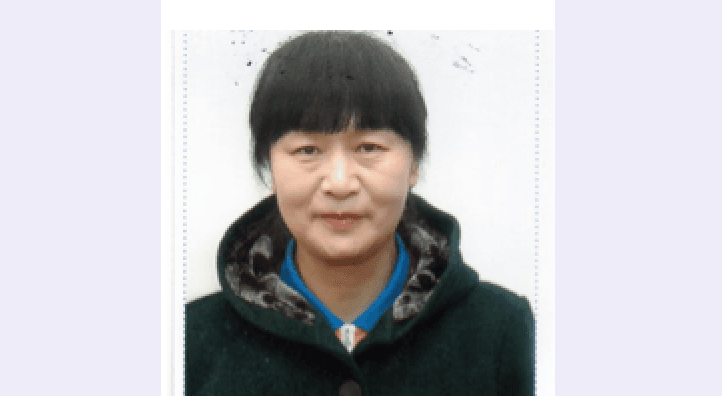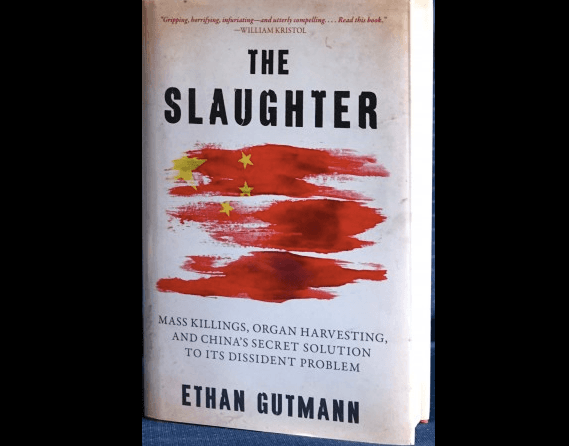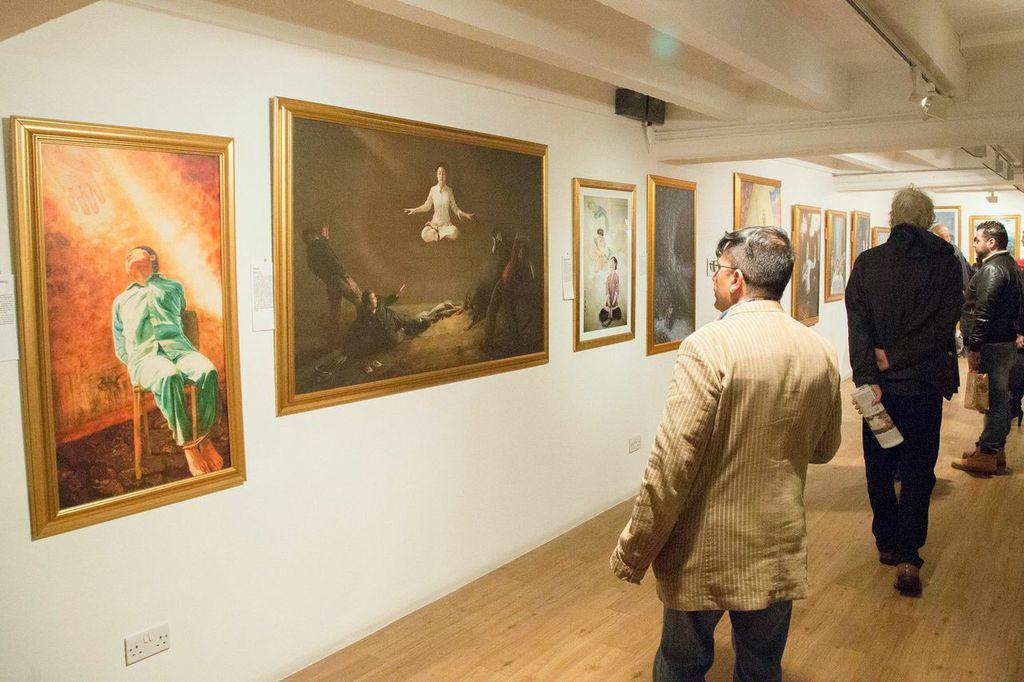[youtube]td3_EKX1Igo[/youtube] Artist and visitors interact with the porcelain installationTate Modern has stopped visitors from interacting with Chinese artist Ai Weiwei’s porcelain sunflower seed installation in the Turbine Hall in London.
Weiwei’s one hundred million individually crafted sunflower seed replicas are strewn across the gallery’s floor for people to stomp on and roll around in, the BBC reported.
However, overenthusiasm by visitors has created porcelain dust, leading to the Tate Modern to prevent contact with the seeds, in consultation with the artist.
Repeated inhalation of the dust over time may cause health problems, a gallery spokesperson said in a statement, according to the BBC.
Visitors can view the installation from a walkway since direct contact was stopped on Friday Oct. 15.
For the artist, sunflowers are symbolic of his childhood in Xinjiang as the son of a celebrated poet exiled by the Chinese communist regime during the Cultural Revolution, CNN reported.
“It was very poor and rural there, we had nothing else to enjoy,” Weiwei told CNN. “Sunflower seeds were something basic that everyone could have. Every holiday, wedding or even just going to the movies, we would all share sunflower seeds with one another.”
Weiwei is a very well-known artist in China. He won popularity among people after he spoke out for children who died when schools collapsed during the Shichuan earth quake in 2008.
Weiwei’s one hundred million individually crafted sunflower seed replicas are strewn across the gallery’s floor for people to stomp on and roll around in, the BBC reported.
However, overenthusiasm by visitors has created porcelain dust, leading to the Tate Modern to prevent contact with the seeds, in consultation with the artist.
Repeated inhalation of the dust over time may cause health problems, a gallery spokesperson said in a statement, according to the BBC.
Visitors can view the installation from a walkway since direct contact was stopped on Friday Oct. 15.
For the artist, sunflowers are symbolic of his childhood in Xinjiang as the son of a celebrated poet exiled by the Chinese communist regime during the Cultural Revolution, CNN reported.
“It was very poor and rural there, we had nothing else to enjoy,” Weiwei told CNN. “Sunflower seeds were something basic that everyone could have. Every holiday, wedding or even just going to the movies, we would all share sunflower seeds with one another.”
Weiwei is a very well-known artist in China. He won popularity among people after he spoke out for children who died when schools collapsed during the Shichuan earth quake in 2008.



